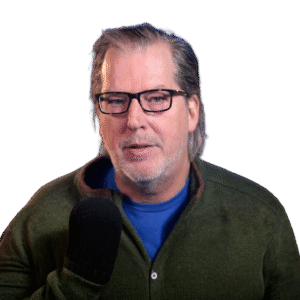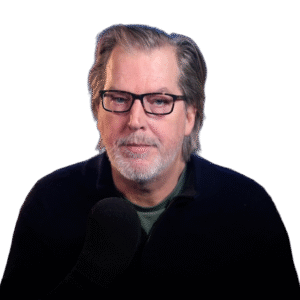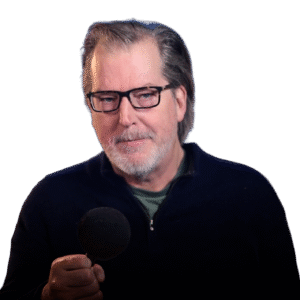
#95 | Frankly
The Parent and the Pendulum
Description
In a culture driven by achievement, autonomy, and digital distraction, our sense of identity is often shaped by performance and external validation. Yet beneath this surface, many carry unseen psychological imprints from childhood and culture alike. What happens when we begin to examine these layers and imagine healthier ones?
In this week’s Frankly, Nate explores the themes of attention, awareness, and the psychological impacts of modern life. Through poetry and reflection, he examines the pull toward validation and control that shapes many of our behaviors. Building on the Ideal Parent Figure Protocol developed by Dr. Daniel P. Brown, he expands the concept to explore what ideal cultural and ecological figures might offer in addressing our deeper collective needs.
What are the qualities of a healthy culture — one rooted in belonging, continuity, and shared purpose? How can we reconnect with ecological kinship and wisdom? And finally, where is your branch of stillness, the one place the pendulum of this world doesn’t reach?
In French, we have a motto that says that a simple drawing is often better than a long explanation. Jean-Marc Jancovici Carbone 4 President
That’s very understandable because with left atmosphere thinking, one of the problems is that you see everything as a series of problems that must have solutions. Iain McGilchrist Neuroscientist and Philosopher
We can’t have hundreds and hundreds of real relationships that are healthy because that requires time and effort and full attention and awareness of being in real relationship and conversation with the other human. Nate Hagens Director of ISEOF
This is the crux of the whole problem. Individual parts of nature are more valuable than the biocomplexity of nature. Thomas Crowther Founder Restor
Show Notes & Links to Learn More
Download transcript00:19 – Attention and Awareness (Frankly 94 Social Overshoot?)
00:52 – Philip Glass
00:54 – Brian Eno
04:58 – Supernormal Stimuli
04:59 – Carbon Pulse
06:05 – Wide Boundary Framing
07:13 – Imprinting
07:24 – Mahamudra Retreat
07:34 – Dan Brown
08:19 – Nervous System, Co-Regulating
11:58 – Cortisol
12:00 – Immune System
12:50 – 10 Million Other Species (Frankly 92 Artificial Intelligence – In Service of Life?)
13:03 – Evolutionary Tree of Life







